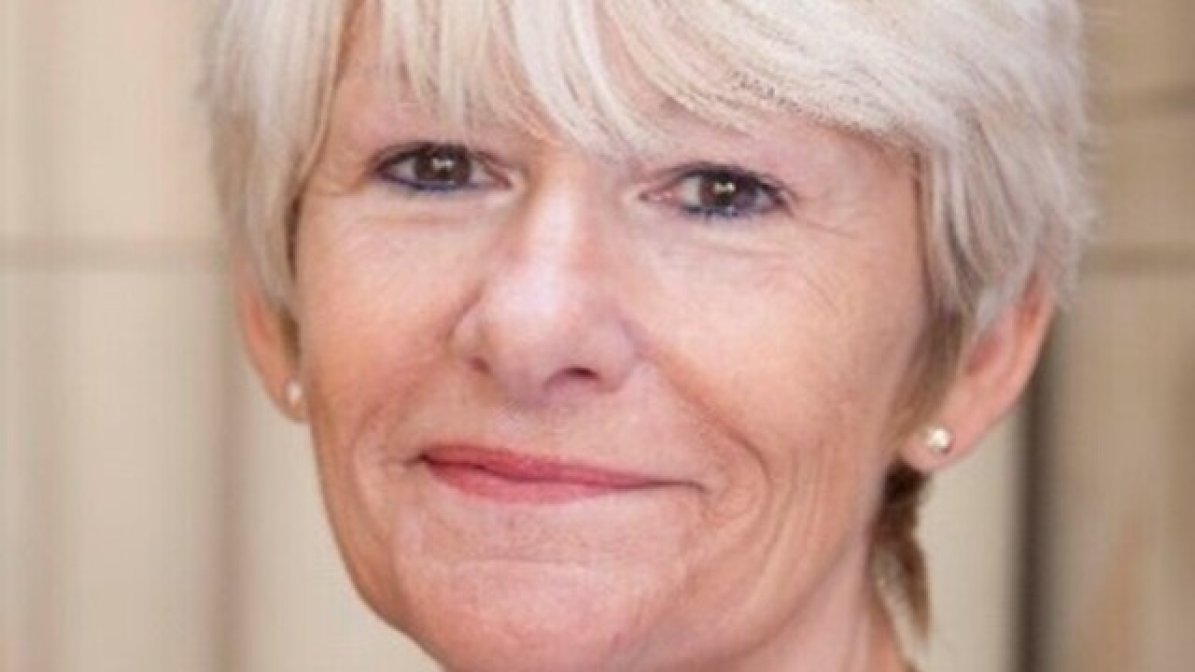
Professor Dame Nancy Rothwell
President and Vice-Chancellor, University of Manchester
Professor Dame Nancy Rothwell, FRS, is President and Vice-Chancellor of The University of Manchester, the first woman to lead The University of Manchester or either of its two predecessor institutions, and Professor of Physiology. She was elected Fellow of the Royal Society in June 2004 and made Dame Commander of the Order of the British Empire in June 2005, in recognition of her services to science. She is Chair of the Russell Group, a Deputy Lieutenant for Greater Manchester, a Commissioner on the Law Family Commission on Civil Society, and a member of the UK Investment Council, the Oxford Road Corridor Board, the Northern Powerhouse Partnership Board, the UK Biobank Board, the Innovation Greater Manchester Board and the Times Education Commission. Her ongoing research in the field of neuroscience has contributed towards major advances in the understanding and treatment of brain damage in stroke and head injury.
